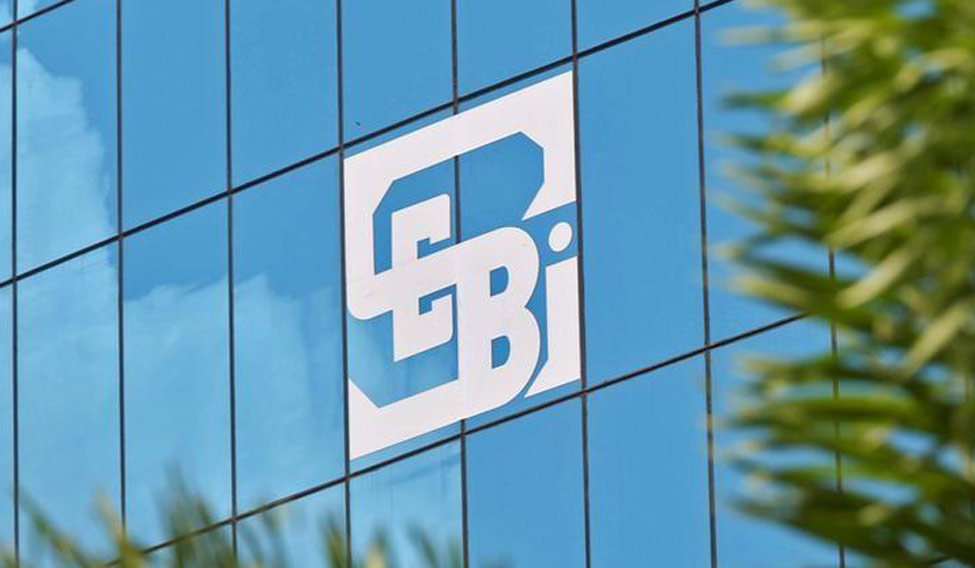In a big and much awaited move, the Securities and Exchange Board of India (Sebi) on Thursday gave its nod for unified equity and commodity exchanges from October 2018. It's a move that will open the door for existing players like the Bombay Stock Exchange and National Stock Exchange to also launch commodity trading platforms.
In the 2017-18 Union Budget, Finance Minister Arun Jaitley had proposed integration of commodities and securities derivative markets by integrating the participants, brokers and operational frameworks.
Outlining the roadmap, Sebi said the integration would be done in two phases for “smoother implementation” of the Budget proposal.
“In phase I, it was proposed to have integration at intermediary level. In phase II, necessary steps would be taken to enable a single exchange to operate various segments such as equity, equity derivatives, commodity derivatives, currency derivatives, interest rate futures and debt etc.,” the market regulator said.
Sebi said as far as the phase I was concerned, all necessary steps required to enable integration of commodity derivatives market with rest of the securities markets at intermediary's level have been taken.
“The (Sebi) board gave its nod to the convergence of equity and commodity markets, which will permit exchanges to cross-list products, allowing NSE and BSE to list commodities, while MCX and NCDEX will be allowed to list equities and equity futures and options,” said Amar Singh, head advisory, Angel Broking.
To promote trading of commodity derivatives and other segments of equity markets, Sebi board also approved the proposal to remove the restrictions by making amendments to Securities Contracts (Regulation) (Stock Exchanges and Clearing Corporation) Regulations, 2012. These amendments to the regulations would be effective from October 1, 2018.
“This is a much awaited regulation and will enable clients to trade equity, commodity, currency and other listed financial products in a single client code with full margin fungibility,” said Jayant Manglik, president retail sales, Religare Securities.
He further added that this will lead to creation of new products by exchanges.
Singh of Angel Broking said the move will reduce KYC (know your customer) burden for brokers and customers and will help broaden the markets.
Sebi also announced major regulatory changes for shareholding and governance in mutual fund houses. Under the new norms, a sponsor of a mutual fund, its associates and or its group company may not be allowed to have a stake of 10 per cent or more asset management companies of other mutual funds. They may also not be allowed to have a representation on the board of the asset management company of any other fund house.
Similarly, now even credit rating agencies will not be able to hold 10 per cent or more shareholding and or voting rights in a rival credit rating agency. Minimum net worth requirement of a credit rating agency will also be increased to Rs 25 crore from the existing Rs 5 crore, Sebi said.
The market regulator also approved changes to ease access norms for investments by foreign portfolio investors (FPIs).
Some of these changes include simplification of broad based requirements of FPIs and discontinuation of requirements for seeking prior approval from Sebi in case of change in local custodian, designated depository participant of the FPI.






